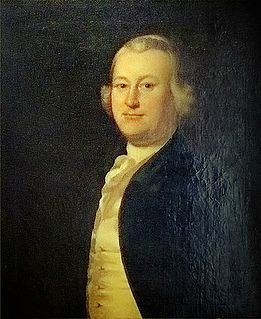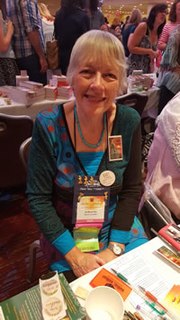A Quote by James Otis
Now one of the most essential branches of English liberty, is the freedom of one's house. A man's house is his castle; and while he is quiet, he is as well guarded as a prince in his castle. This writ of assistance, if it should be declared legal, would totally annihilate this privilege.
Related Quotes
Conscience is the most sacred of all property; other property depending in part on positive law, the exercise of that being a natural and unalienable right. To guard a man's house as his castle, to pay public and enforce private debts with the most exact faith, can give no title to invade a man's conscience, which is more sacred than his castle, or to withhold from it that debt of protection for which the public faith is pledged by the very nature and original conditions of the social pact.
[V]ariety of climate should always go with stability of abode.... an Englishman’s house is not only his castle; it is his fairy castle. Clouds and colours of every varied dawn and eve are perpetually touching and turning it from clay to gold, or from gold to ivory. There is a line of woodland beyond a corner of my garden which is literally different on every one of the three hundred and sixty-five days. Sometimes it seems as near as a hedge, and sometimes as far as a faint and fiery evening cloud.
To live his life in his own way, to call his house his castle, to enjoy the fruits of his own labour, to educate his children as his conscience directs, to save for their prosperity after his death -- these are wishes deeply ingrained in civilised man. Their realization is almost as necessary to our virtues as to our happiness. From their total frustration disastrous results both moral and psychological might follow.
I'm constantly pitching one episode where we see life through Castle's eyes. I think Castle's just a little off as far as his perception goes. A very, very clever man, but I want to see the world as Castle sees it - kind of a rose-colored glasses, all the women find him irresistible, all the guys find him super cool and do whatever he says.
Picture the prince, such as most of them are today: a man ignorant of the law, well-nigh an enemy to his people's advantage, while intent on his personal convenience, a dedicated voluptuary, a hater of learning, freedom and truth, without a thought for the interests of his country, and measuring everything in terms of his own profit and desires.































